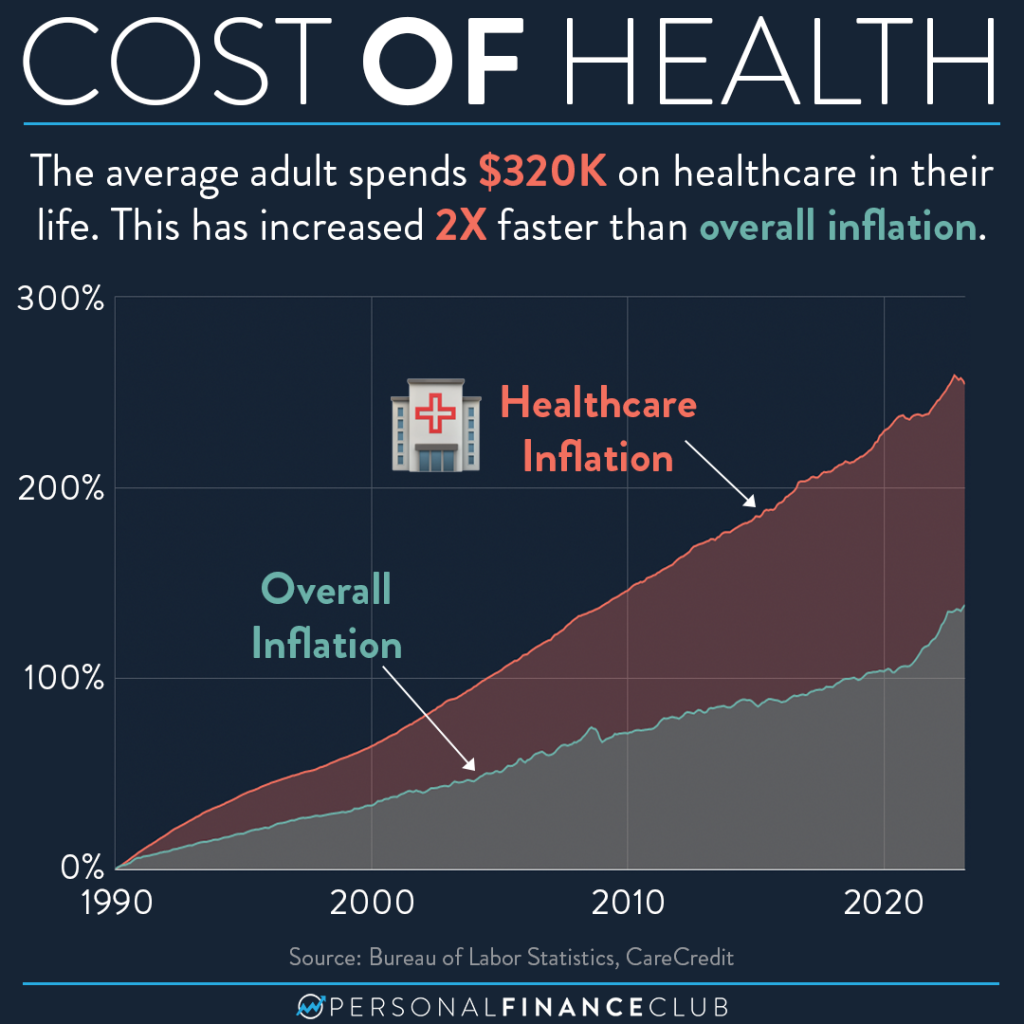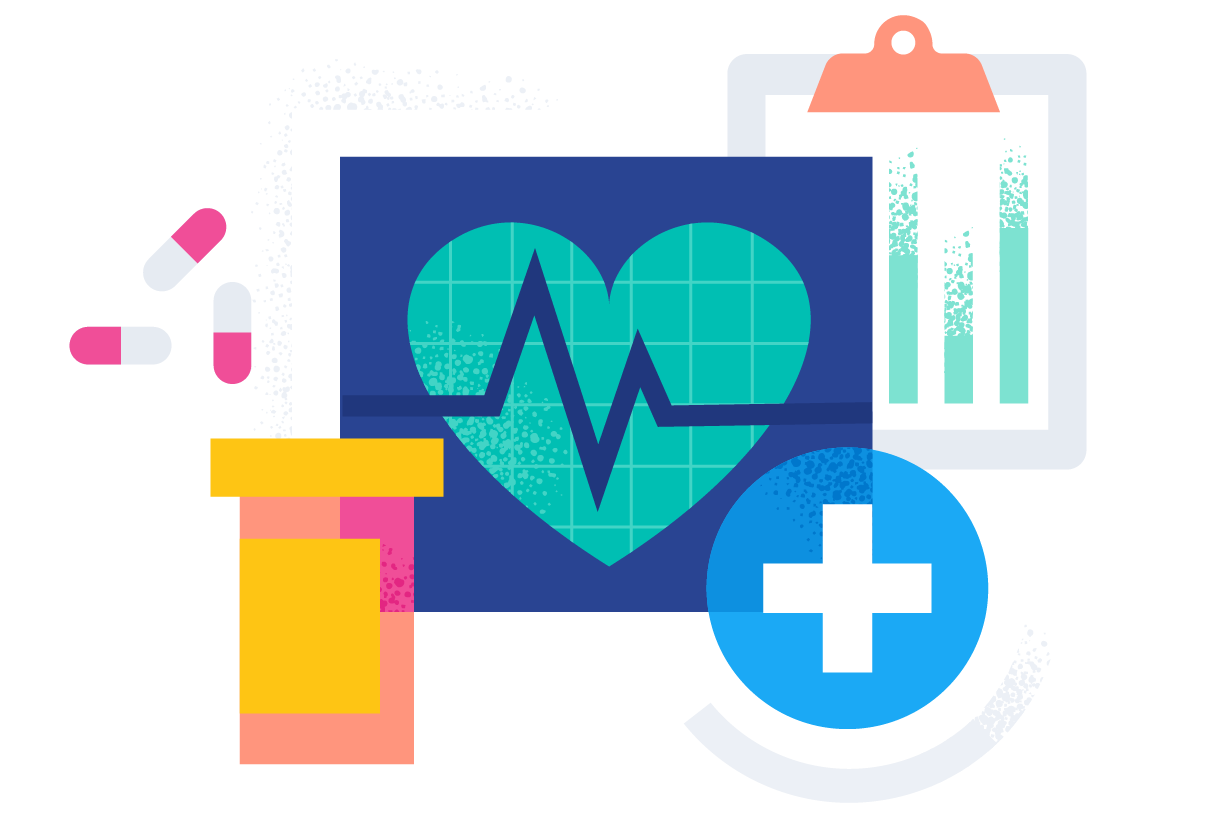Just How Healthcare RCM Solutions Streamline Payment and Collections
Revealing the Advantages of Healthcare RCM in Improving Efficiency and Accuracy in Profits Cycle Administration
In the rapidly progressing healthcare landscape, the relevance of Revenue Cycle Administration (RCM) can not be overemphasized. As medical care companies make every effort for precision and efficiency, RCM emerges as an essential tool in streamlining operations, reducing errors, and improving economic outcomes.
Streamlining Administrative Tasks

Furthermore, the integration of electronic health records (EHR) with RCM systems helps with real-time data access and sharing, enabling healthcare experts to make educated decisions quickly. This interconnectedness not only improves communication in between professional and management groups but additionally boosts person contentment by lowering waiting times and payment inconsistencies - Healthcare RCM. Additionally, streamlined administrative procedures enable better compliance with governing criteria, mitigating dangers connected with audits and penalties
Inevitably, the focus on refining administrative jobs in RCM causes set you back financial savings and improved financial efficiency. By investing in automation and optimizing operations, health care companies can accomplish a more lasting revenue cycle, ensuring lasting feasibility and the ability to adjust to developing sector demands.
Enhancing Claims Handling
Exactly how can medical care companies improve the performance of their insurance claims handling? By harnessing automation and advanced analytics, RCM systems simplify the complex and typically cumbersome insurance claims refining jobs.
Moreover, real-time analytics play a critical function in improving cases refining efficiency. These analytics tools supply understandings right into traffic jams and potential denials, allowing doctor to resolve concerns proactively. Anticipating analytics can forecast patterns in claim denials, enabling preemptive steps to reduce them, therefore minimizing the time taken for insurance claims to be processed and authorized.
Furthermore, the adoption of electronic health records (EHR) incorporated with RCM systems guarantees seamless data flow, minimizing redundancies and raising the accuracy of info submitted in insurance claims. A constant responses loophole helped with by RCM systems further refines the procedure, fostering constant improvement.
Eventually, by leveraging technology-driven services in claims refining, healthcare organizations can enhance functional effectiveness, boost capital, and give a smoother experience for people and personnel alike.
Lowering Financial Mistakes
Exact financial monitoring is vital in healthcare, where lowering financial mistakes can dramatically impact operational success. Monetary mistakes, whether due to incorrect billing, coding inaccuracies, or mismanagement of client accounts, can bring about substantial revenue loss and stretched relationships with clients and payers. Dealing with these mistakes is important to preserve a health care company's monetary wellness and boost its track record.
Health Care Income Cycle Monitoring (RCM) plays a pivotal role in reducing such mistakes through structured processes. By executing standard procedures for billing, coding, and collections, healthcare service providers can guarantee that monetary transactions are taken care of with precision. Comprehensive training for staff on current coding policies and payment methods also lowers the possibility of mistakes, ensuring claims are properly processed and repaid.

Moreover, complete audits and regular economic evaluations within the RCM structure permit the early detection and adjustment of discrepancies. Making sure precision in client information entry and verification better minimizes errors, as this is frequently a main source of inaccuracies. By concentrating on these critical locations, healthcare companies can reduce financial mistakes, thus safeguarding their earnings streams and boosting total functional performance.
Leveraging Advanced Technologies
In today's rapidly advancing health care landscape, leveraging advanced innovations is essential for optimizing Profits Cycle Management (RCM) procedures. By incorporating innovative options such as man-made knowledge (AI), equipment learning (ML), and robot process automation (RPA), doctor can considerably enhance the performance and accuracy of their RCM procedures. These technologies aid in simplifying recurring jobs, reducing hand-operated errors, and allowing much faster processing of insurance claims.

Furthermore, the integration of blockchain innovation enhances information safety and security and transparency within RCM (Healthcare RCM). It makes sure that delicate information is go to this website secured while maintaining an unalterable record of deals. This is vital for constructing depend on with individuals and stakeholders
Boosting Financial Performance
Structure on the efficiencies gotten via sophisticated modern technologies, medical care carriers can substantially improve their financial performance by fine-tuning their Revenue Cycle Administration (RCM) approaches. By optimizing invoicing procedures, decreasing claim denials, and improving cash money flow, health care organizations can attain better financial security.
In addition, information analytics within RCM systems offer important understandings right into economic trends and operational bottlenecks. By leveraging these understandings, doctor can make enlightened choices to improve economic results, such as readjusting billing practices or renegotiating payer agreements. Enhanced accuracy in coding and documents better minimizes case rejections and audits, promoting a smooth profits cycle.
In addition, client involvement devices integrated within RCM platforms improve person complete satisfaction by giving transparent billing information and adaptable repayment alternatives. This transparency not only enhances patient-provider relationships yet additionally motivates timely settlements, decreasing impressive receivables.
Final Thought
Medical Care Earnings Cycle Administration considerably maximizes performance and precision by simplifying administrative tasks and enhancing cases handling. Through the decrease of monetary mistakes and the assimilation of sophisticated modern technologies such as AI and anticipating analytics, RCM facilitates compliance with billing over here codes and offers valuable understandings right into monetary fads. This methodical strategy not just minimizes potential case denials but likewise increases financial performance, therefore promoting trust fund and openness with people and stakeholders within the medical care system.
As healthcare service providers strive for accuracy and efficiency, RCM emerges as a crucial tool in simplifying operations, reducing mistakes, and improving financial results.Improving administrative jobs in medical care earnings cycle monitoring (RCM) provides substantial benefits by enhancing operational performance and decreasing the worry on staff.Health Care Earnings Cycle Administration (RCM) plays a pivotal role in lessening such mistakes through structured processes.In today's quickly advancing healthcare landscape, leveraging advanced innovations is crucial for optimizing Income Cycle Administration (RCM) procedures.Structure on the effectiveness gotten via advanced technologies, healthcare suppliers can considerably enhance their economic efficiency by refining their Revenue Cycle Management (RCM) techniques.